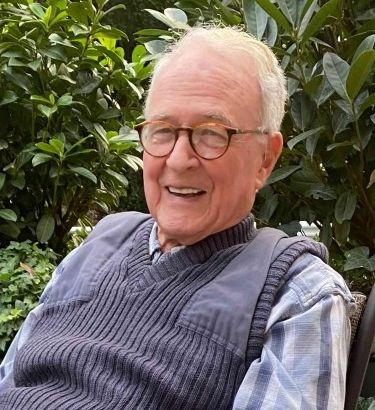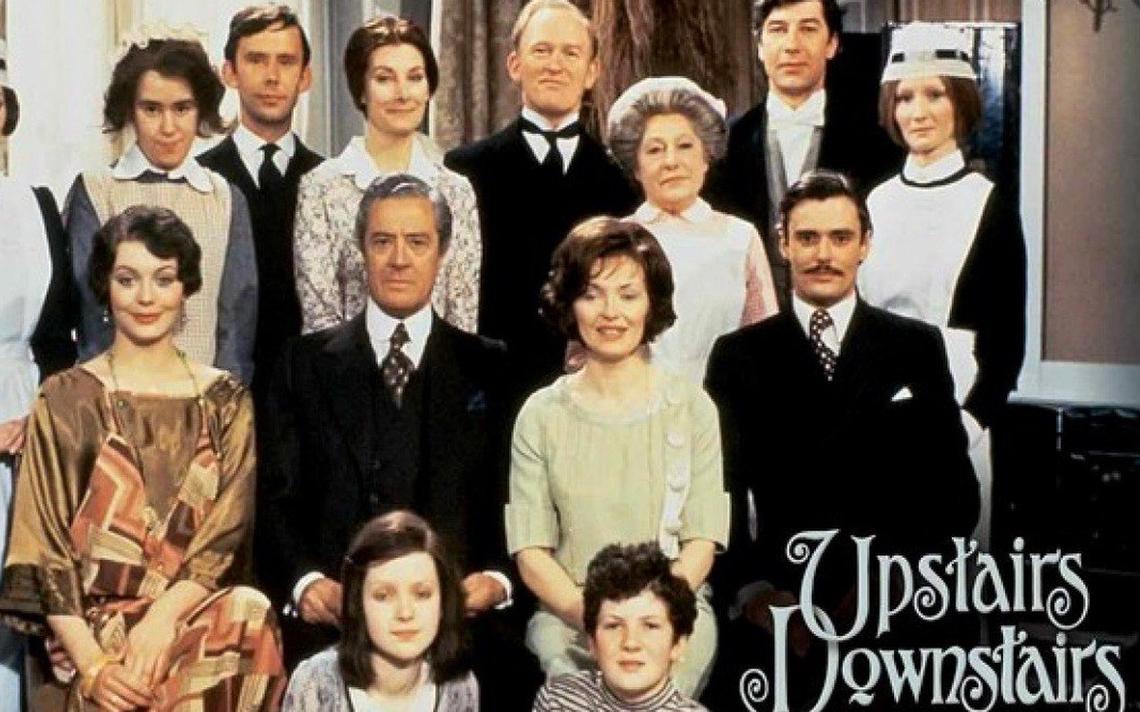Holt helped create PBS and National Public Radio before becoming chairman of American Heritage.
-
Winter 2024
Volume69Issue1

Samuel C. O. Holt, the long-time chairman of American Heritage Publishing, passed away on October 11, 2023. He was the first to join me as a director and investor to save the 60-year-old magazine in 2007, after Forbes suspended its publication.
Sam was a legend in the broadcasting industry. He helped to create and define the public broadcasting system in the U.S. as the programming director of PBS for its first seven years. He was also the author of a landmark report that outlined strategies for creating the National Public Radio network and later served as its head of programming.
“If you now work in public radio, Sam Holt made your job possible,” wrote Ken Mills, Director of the Public Radio Oral History Project, recently. “In fact, he helped make the entire public radio system possible.”
Sam was born in 1936 in Alabama, where his family had interests in several radio stations. He studied European history at Princeton, playing wingback on the football team and working in the summer for CBS in New York. After graduating in 1958, he studied history at Oxford as a Rhodes Scholar and was a roommate of the future actor Kris Kristofferson. Sam enjoyed recalling how often young women would stop by their room to visit the charming musician and rugby player.
Sam joined WATV Radio in Birmingham in 1960 as a reporter and, within a few years, became president of the station, starting the first all-news/talk format in the South.
In 1967, he began teaching at Harvard and created a television-based course at WGBH-Boston. The young man impressed Hartford Gunn Jr., the president of WGBH, who hired him to direct a major study for the newly formed Corporation for Public Broadcasting.
It’s hard today to imagine what a different media environment existed in the 1960s. The small, local nonprofit stations around the country were unaffiliated with each other and usually broadcast classical music and educational programs to modest audiences.
Sam found that the nonprofit radio stations had an “utter sense of poverty” pervading them. Michael P. McCauley wrote in his book, NPR, that, “when station managers were asked about the first thing they would buy after securing new federal funds, the most frequently mentioned piece of hardware was a typewriter.”

Sam’s 1969 report recommended new strategies for funding, marketing, and other areas that became the basis for creating the National Public Radio network. He also suggested changes in radio frequencies to make FM radio more attractive.
“The release of the Public Radio Study was big news within the broadcasting industry,” writes Ken Mills. According to Broadcasting Magazine in an article on April 14, 1969, “a prescription for injecting vigor into today’s pallid educational-radio system is being studied by the Corporation for Public Broadcasting.”
Luckily, the fledging organization's leadership followed Sam's advice, and, today, NPR has over 1,000 member stations reaching 98.5% of the U.S. population.
The year 1970 would be an auspicious one for Holt. He married Jane Elliott Mansfield, and together, they would raise three daughters, Louise Elliott, Elizabeth, and Katharine.

That same year, the newly formed Public Broadcasting System hired Holt to be its first Coordinator of Programming. Over the next seven years, he would develop many programs that set the tone for PBS and still enlighten us today. For example, at a time when commercial television networks had no dedicated business reporting, Holt launched the first national financial news show, Wall $treet Week, with Louis Rukeyser.
In January 1971, PBS aired its first series for Masterpiece Theatre, a costume drama that Holt had acquired from the BBC that was based on Winston Churchill’s biography of his ancestors. Later in 1971, Masterpiece Theatre had a bigger hit with Upstairs Downstairs, licensed from London Weekend Television (LWT). A few years later, Holt debuted I Claudius with Derek Jacobi and John Hurt.
Holt brought Firing Line to PBS in May 1971, introducing sophisticated political discussion to television, with William F. Buckley debating people from Jimmy Carter to Truman Capote. Buckley once asked Tom Wolfe if there were really any original insights in his book The Bonfire of the Vanities. Another time, when Allen Ginsberg performed a drawn-out chant in praise of Krishna, Buckley commented that it was "the most unharried Krishna I've ever heard."
Holt hired Julia Child to “make cooking a public discourse” and Fred Rogers to launch one of the first educational programs for children. He also helped create NOVA (1974) and The Ascent of Man.

In 1973, during the Watergate hearings, Robert MacNeil and Jim Lehrer teamed up to cover the daily news for PBS. Their reporting received much praise, and PBS soon launched The MacNeil-Lehrer Report (now PBS NewsHour) and Morning Edition, modeled after the program Holt had created back in Birmingham, Morning Newsstand.
In the meantime, the leadership of NPR had followed many of the recommendations in Holt's report, the Public Radio Study, which had urged noncommercial radio stations to “think about being something other than ... a classical music turntable.”
In 1977, Holt joined NPR as senior vice president for programming and directed its programming division for six years. In that position, he made many more innovations, including satellite transmission-systems and new programs such as A Prairie Home Companion with Garrison Keillor, NPR Playhouse, and The Sunday Show. Under Holt’s direction, NPR expanded its news coverage and opened its first overseas news bureau in London, with Robert Siegel as the first correspondent posted there.
In 1983, the Corporation for Public Broadcasting awarded its annual Edward R. Murrow Award to Sam Holt in recognition of his outstanding contributions to public radio. He was one of the very first recipients.
Over the following years, he served as a consultant to numerous media companies, including HBO and Discovery Channel, and served for years without complaint as a director and then chairman of American Heritage Publishing.
He was a devoted member of the Literary Society for Washington for 37 seasons, and president of the group for several years, decisively bringing meetings to order with a beloved oak gavel. He will be sorely missed by his many friends.

